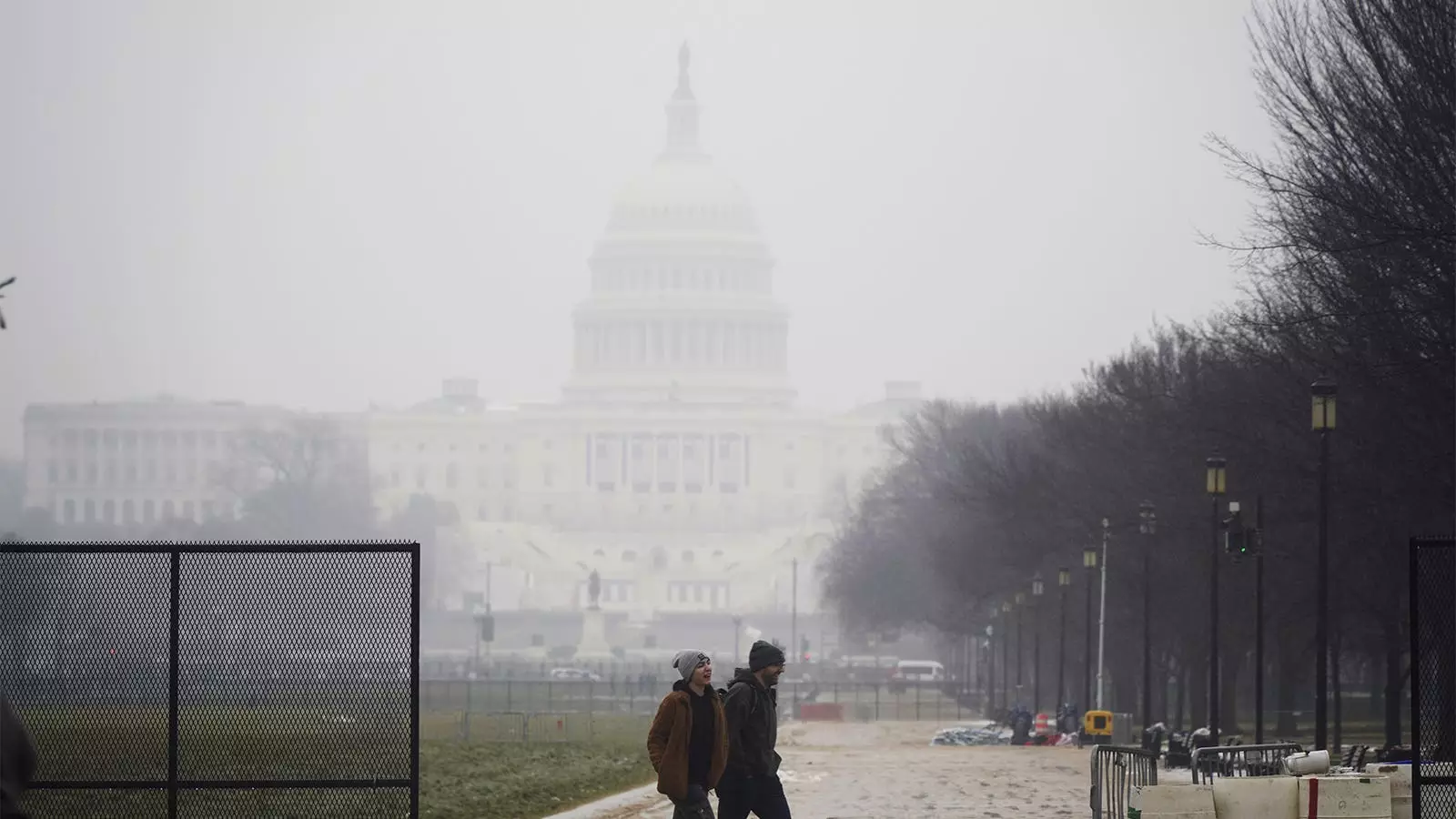In the complex realm of U.S. politics, few actions reverberate as profoundly as executive orders, especially when they signal a drastic shift in national or global policy. Following his inauguration as the 47th President, Donald Trump initiated a series of sweeping executive measures that not only marked a return to his previous policies but also underscored a contentious discourse surrounding America’s role in global health matters. This new strategy would not only shape domestic policies but also the international landscape.
One of the most significant moves made by President Trump was the announcement of the United States’ withdrawal from the World Health Organization (WHO). The rationale presented by Trump hinged on accusations of mismanagement during the COVID-19 pandemic and perceived biases favoring other nations, particularly China. Trump criticized the WHO for failing to implement necessary reforms and for what he described as disproportionate financial obligations which he argued, placed an unfair burden on the United States.
Critics of this decision, including health experts like Tom Frieden, voiced strong opposition. Frieden characterized the withdrawal as detrimental to both American and global safety, arguing that the WHO plays a pivotal role in coordinating responses to health crises. Instead, he advocated for a strategy focused on reform through constructive engagement—a notion that seems especially relevant in a world growing increasingly interconnected, particularly in matters of public health and safety.
Trump’s action evoked deeper questions about the effectiveness of international organizations in addressing global challenges. By choosing to disengage, Trump’s administration shifted the focus from collaboration to isolation, which could have long-term ramifications for global health governance.
Beyond the WHO, Trump’s reinstatement of previous policies also included pulling out of the Paris Agreement and rescinding a series of Biden’s executive orders that tackled critical issues such as discrimination based on sexual orientation, worker health and safety, and affordable healthcare access. These reversals highlighted a broader ideological divide between current and previous administrations, reflecting contrasting visions for America’s role on the global stage and within its own borders.
For instance, Trump’s abdication from the Paris Agreement signifies a withdrawal from collaborative efforts to combat climate change—an issue that various studies link to public health concerns. Allowing environmental policies to flounder under the premise of prioritizing American interests raises questions about short-term gains versus long-term well-being for citizens.
In light of the ongoing COVID-19 pandemic, Trump’s nullification of measures aimed at bolstering public health, such as the special enrollment period for the Affordable Care Act, seems particularly perplexing. Even as evidence suggested a decline in COVID-19 cases, maintaining accessible healthcare options could have been advantageous for American families. Trump’s decision, therefore, appears to follow a trend of prioritizing ideological consistency over public welfare.
The rapidity with which Trump signed these orders after assuming office encapsulates a strategic intention to consolidate power and reorient policy directions. His team was quick to assert that these actions fulfilled campaign promises aimed at restoring American sovereignty. However, this approach has prompted a vigorous debate about the responsibility of a superpower in a world increasingly interconnected by common challenges.
Moreover, the explicit rejection of Biden’s efforts to fortify social safety nets underlines a political landscape that is often polarized. Such divisions not only slow down the policymaking process but also complicate collaborations that might yield meaningful reforms in public health, environmental policies, and social justice.
As we navigate these shifting political terrains, it becomes evident that unilateral decisions often come at a cost. The ramifications of withdrawing from key global institutions like the WHO and dismantling recent reforms may not only impact American citizens but can also jeopardize international collaborative efforts aimed at addressing pressing global issues. Moving forward, finding common ground between ideologies and seeking cooperative solutions will be necessary to tackle the intricate challenges that lie ahead. Rebuilding trust in international organizations and fostering an atmosphere of engagement may prove crucial for navigating future crises—whether health-related or environmental. A conscientious approach to governance must acknowledge the interconnected fabric of today’s global community and embrace the potential inherent in collaboration over isolation.

Leave a Reply